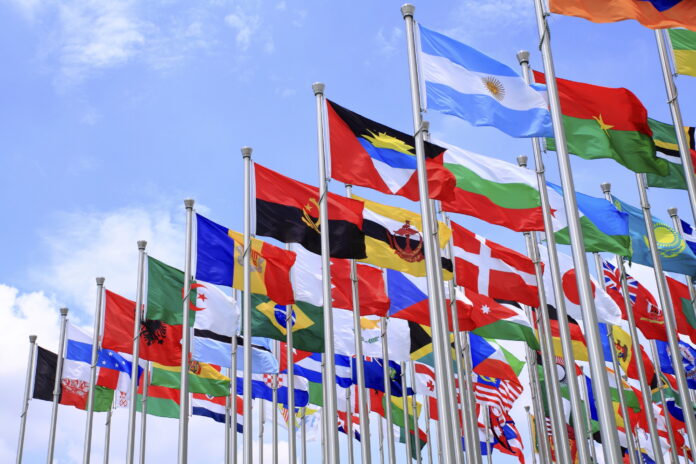Author: Seung-Whan Choi
Affiliation: University of Illinois at Chicago
Organization/Publisher: The Review of International Organizations
Date/Place: 17, Jan 2022/ Switzerland
Type of Literature: Academic Journal Article
Number of Pages: 11
Link: https://doi.org/10.1007/s11558-021-09417-1
Keywords: Nationalism, Political Leaders, Withdrawals from Intergovernmental Organizations, Popular Belief, and Connecting Theory with Data
Brief:
Recent work by von Borzyskowski and Vabulas (2019) has shown that the popular belief that states withdraw from intergovernmental organizations (IGO) due to increased nationalism among the populace is not entirely correct. Based on a data set of 493 IGOs between 1945 to 2001, the main pattern of withdrawal they observe is better explained by geopolitical factors or democratic levels within the state and/or within the organization. The author of the present study argues that rather than a rise of nationalism among the people, nationalist politicians use the threat of exiting IGOs as a tool to bolster their authority. For nationalist politicians, IGOs are obstacles to the flow of national sovereignty put there on behalf of the globalized elites. The author attempts to reproduce von Borzyskowski and Vabulas’ work by augmenting the nationalism variable to include leader-based nationalism as opposed to simply party nationalism or popular nationalism. Utilizing data sets that the author argues are the largest and most comprehensive surveys of political leadership, the author observes that there is a significant correlation between this form of nationalism and state withdrawal from IGOs. The author concludes, “When nationalist political leaders desire greater autonomy in foreign policy decision-making, they are more likely to withdraw form IGOs that are not compatible with their national interests.” The author concludes that the previous work on the relation between nationalism and withdrawal from IGOs was due to the fact that there was a disconnect between theory and practice—the previous study did not take into account the different forms of nationalism. In practice, the nationalism that effects IGO withdrawal is not the form that was being measured. When we adjust the relationship between theory and practice, the author argues we are able to confirm the popular belief that rising leader-based nationalism does give a positive indication of intergovernmental organization withdrawal.
By: Üveys Han, CIGA Senior Research Associate




